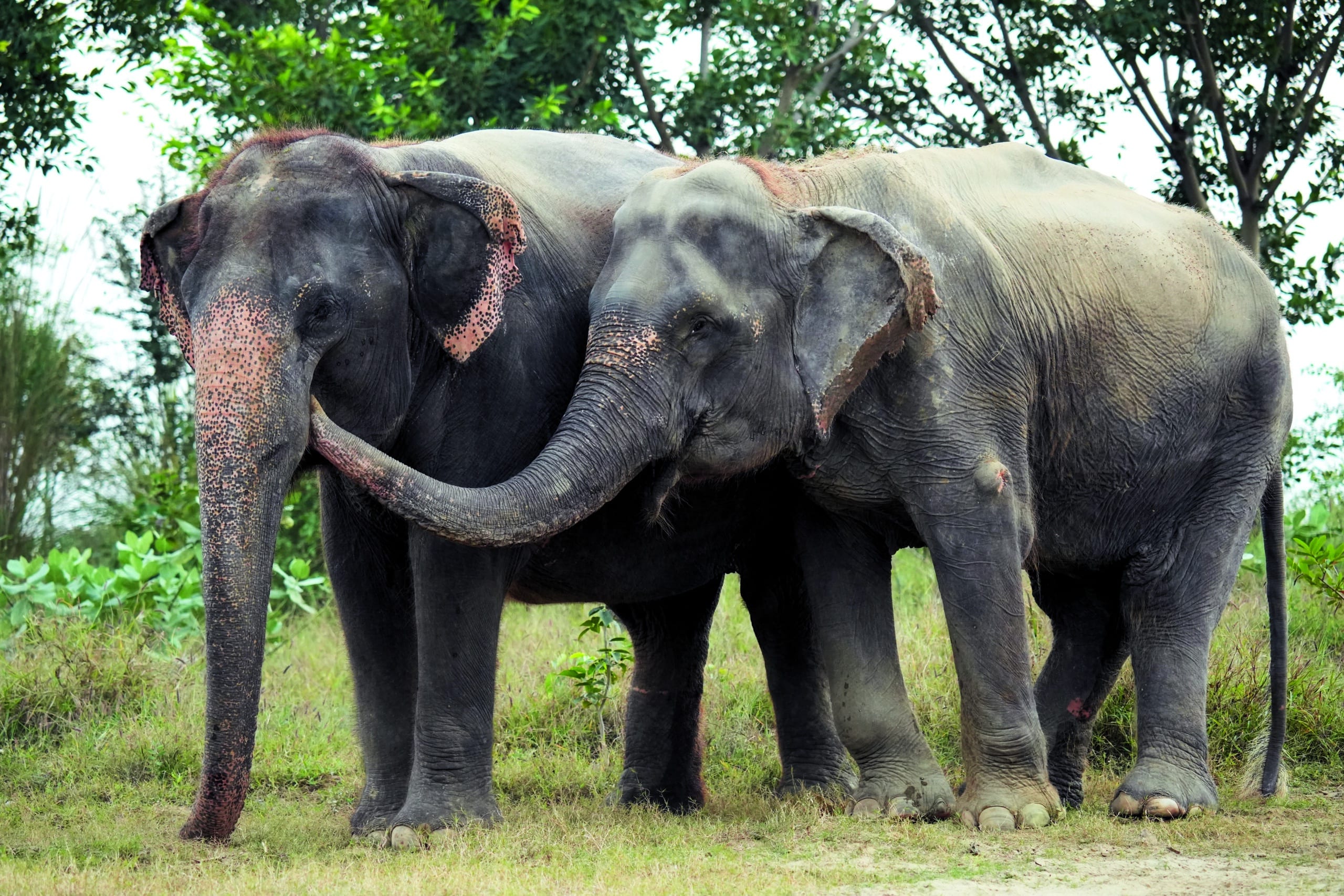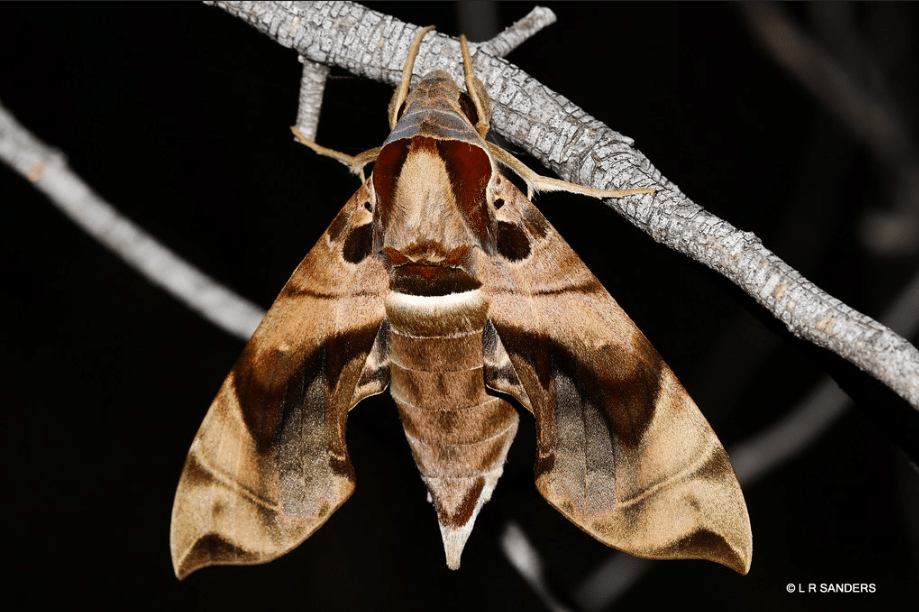You might remember Kalpana—I am happy to report that this year she celebrates her fifth rescue anniversary at Wildlife SOS. Formerly exploited and abused as a ‘begging’ elephant in Uttar Pradesh, Kalpana was rescued in 2019 and brought to the Wildlife SOS Elephant Hospital Campus (EHC) in Mathura for comprehensive...
More than 800 trophies from 40 different protected mammal species were imported into Australia during the five-year period up to 2018, including species such as giraffes, zebras, American black bears, chacma baboons, brown bears, and caracals.
These species, listed on the Convention on International Trade in Endangered Species of Wild Fauna and Flora (CITES) are, by definition, under threat, and this alarming trade in their body parts runs counter to efforts to promote wildlife conservation and animal welfare. The hunting of animals to display their body parts is known to cause serious animal suffering and is widely considered unethical.
Trophy hunting also reduces long-term population viability and species survival by, among other things, driving local population declines, changing population structures, decreasing genetic diversity, and destabilising populations through loss of key individuals and their social and ecological knowledge which is critical for survival and reproduction.
Humane Society International is calling on the Australian Government to implement a ban of hunting trophy imports from CITES listed species as part of the reforms planned for our national environment legislation, the Environment Protection and Biodiversity Conservation Act 1999 (‘EPBC Act’), this year. Banning the imports of hunting trophies from all CITES listed species would be consistent with Australia’s previous action to prohibit trophy imports from African lions, African elephants and southern white rhinos.
Shockingly, the volume of hunting trophies imported into Australia has grown over the last twenty years—a trend which is out of step with community opinion. When polled, nearly 85% of the Australian public were unaware that Australia permits trophy imports for species such as giraffe, zebra, bears and primates. Polling also showed 65% of Australians aged over 18 oppose or strongly oppose trophy hunting, only 15% support its continuation, and the majority of Australians support a ban on the import of all hunting trophies into Australia.
Both the United Kingdom and Italian parliaments are currently considering legislation to ban the import of hunting trophies, and the Belgian Parliament has passed a resolution demanding the government immediately stop the authorisation of trophy import permits of species protected under certain international trade regulations.
Dr Megan Kessler, Nature Campaigner for Humane Society International, said, “Most Australians agree that wildlife belongs in the wild, not on people’s walls and do not support trophy hunting. By continuing to allow hunting trophies to be imported, we are contributing first hand to animal suffering and putting increased pressure on the health of global wildlife populations. With reform of our national environment laws underway, we have a prime opportunity to take decisive action to align our laws with Australian public opinion and ban the import of wildlife trophies from CITES listed species.”
Humane Society International has today released a report, Trophy Hunting by the Numbers which examines Australia’s role in the global hunting trophy trade.
High resolution images are available here.
Originally published 25 January 2023


